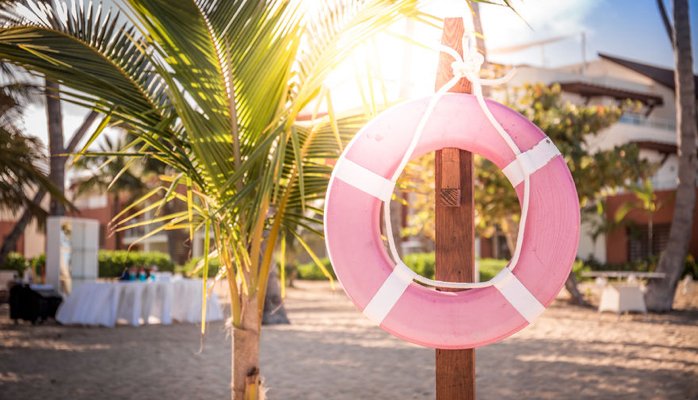For insolvency & restructuring practitioners, the idea of relocating to work offshore in the Caribbean/Bermuda region is always an attractive option. So where are the jobs located and what do you need to be aware of?
In our experience, there are most likely to be openings for practitioners in the Cayman Islands, the British Virgin Islands, the Bahamas, Bermuda and Barbados. Candidates with Caricom skills certificates will enjoy the benefits of working in multiple jurisdictions without requiring work permits.
Leading players on these Islands include the main accountancy firms (including Deloitte, Ernst & Young, KPMG, PwC, Grant Thornton, BDO, Baker Tilly, PKF) as well as boutique insolvency practitioners such as KRyS Global and AlixPartners, FTI Consulting and Borrelli Walsh, amongst other specialist service providers.
Working in offshore insolvency
The role will often entail acting as officeholders in Receivership, Bankruptcy, Administration or in the various forms of Liquidation, and on a range of financial services and other clients.
Work can be expected to include aspects such as:
- Operational restructuring of profit & loss account to improve bottom line profits and strategic cash generation
- Financial restructuring to plan and implement turnarounds and restructure the finance of the company
- Crisis management to help lenders assess their options and stabilise cashflows to buy time to negotiate effectively with the stakeholders
Where reviews of struggling businesses have been completed, final options will include sale or disposal of all or part of the business, ideally as a going concern with the agreement of the creditors.
Should this not prove possible then a distressed company may become insolvent. In such a case, a liquidator or receiver will realise the business’ assets in an orderly manner and distribute the proceeds in accordance with statutory priorities.
Examples of the types of projects you might become involved in include:
- Compulsory and voluntary liquidations of offshore-based mutual funds
- Cross-border liquidations and investigations into businesses involving disputes between shareholders, allegations of fraud or misfeasance, cross-border litigation and asset tracing
- Advising creditors of companies involved in insolvency proceedings
- Liquidation of local trading companies
Getting your work permit
To reside on any of the Islands, you will need to be sponsored by a locally-based employer to get a visa to entitle you to live and work there.
In Bermuda or Cayman, for example, this will necessitate that you offer the qualifications, skills and experience that mean that you can do the work efficiently and effectively, and that you’re not taking a job that a suitably qualified local could do. In effect, this necessitates that you have at least 2 years of relevant experience in Insolvency & Restructuring work and also hold a professional designation such as the ACA/CA. The job vacancy must have been advertised in the local press.
The price (and benefits) of an education
Assuming you are suitably qualified and have experience in insolvency so as to be granted a work permit, if you don’t have experience of working on Financial Services clients you’ll have to accept that you may not be able to join at exactly the same level of seniority as you might currently enjoy (the logic being that to operate at full effectiveness, you need time to gain the relevant experience and get up to speed).
In such instances, many insolvency practitioners will choose to take ‘half a step back to take a full step forward’ and in so doing widen their professional expertise.
It’s not for everyone, of course, but for those who genuinely want to realise their ambition of working in the Caribbean region whilst enhancing their skills, the decision can be surprisingly easy to make.
If you are a lawyer or accountant and interested in working in the Bermuda/Caribbean region, visit our jobs portal to see the latest vacancies. Our site also includes a downloadable All You Need to Know guide which will tell you all you need to know about living and working offshore.







Leave A Comment
You must be logged in to post a comment.